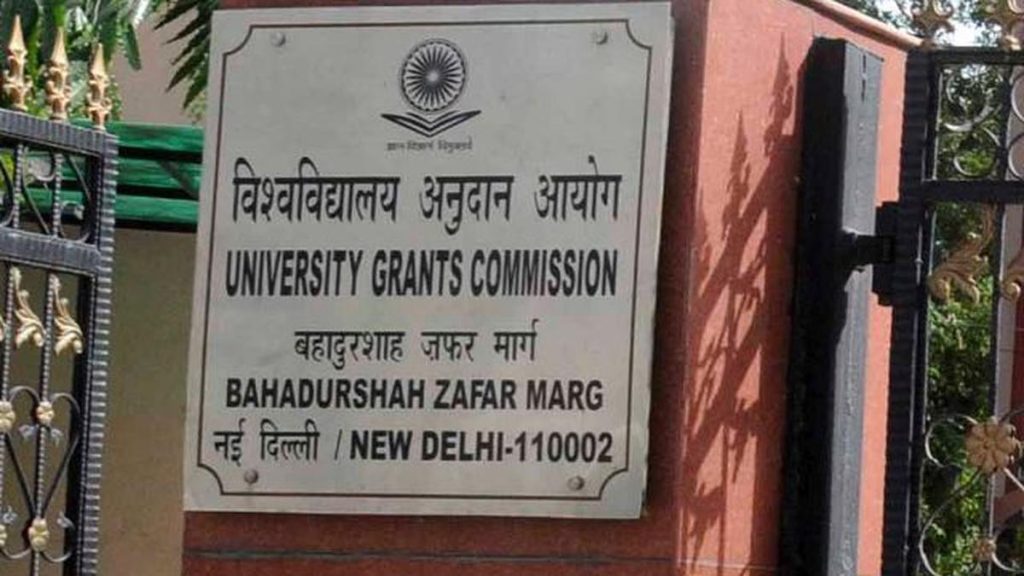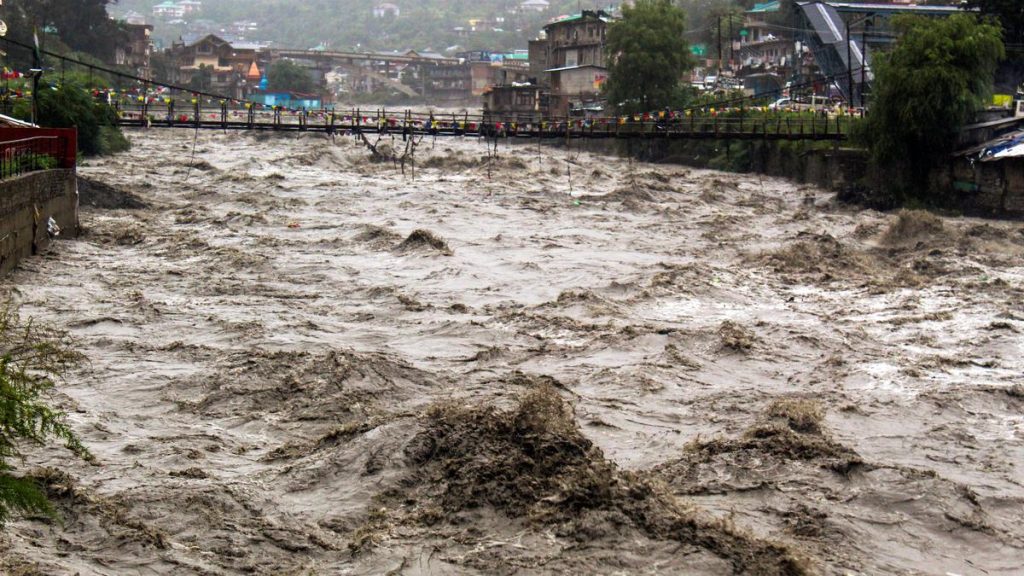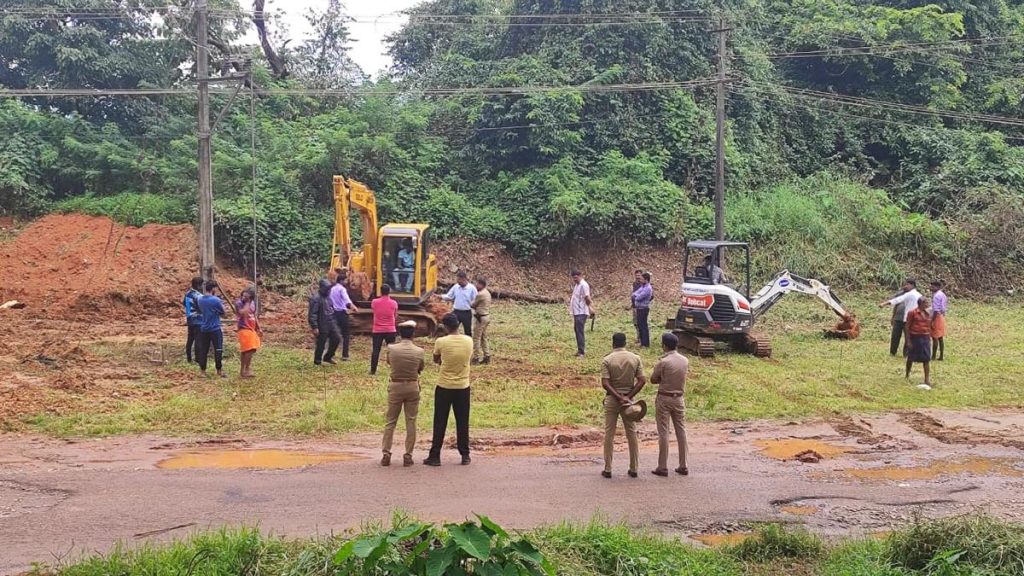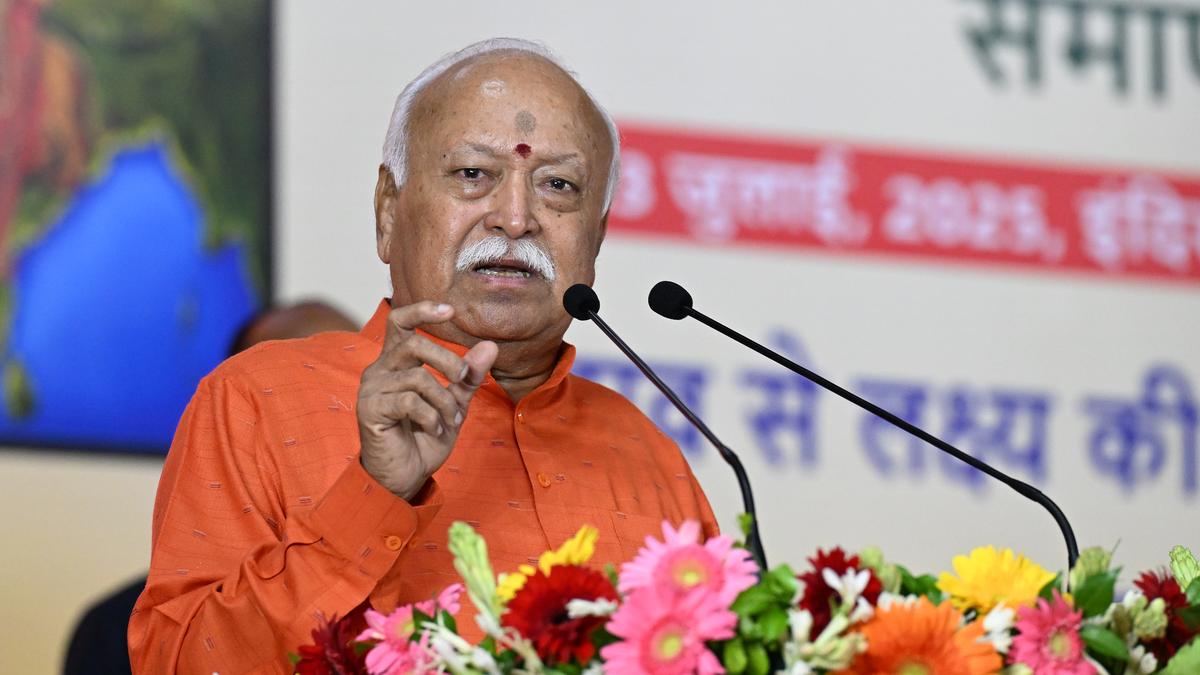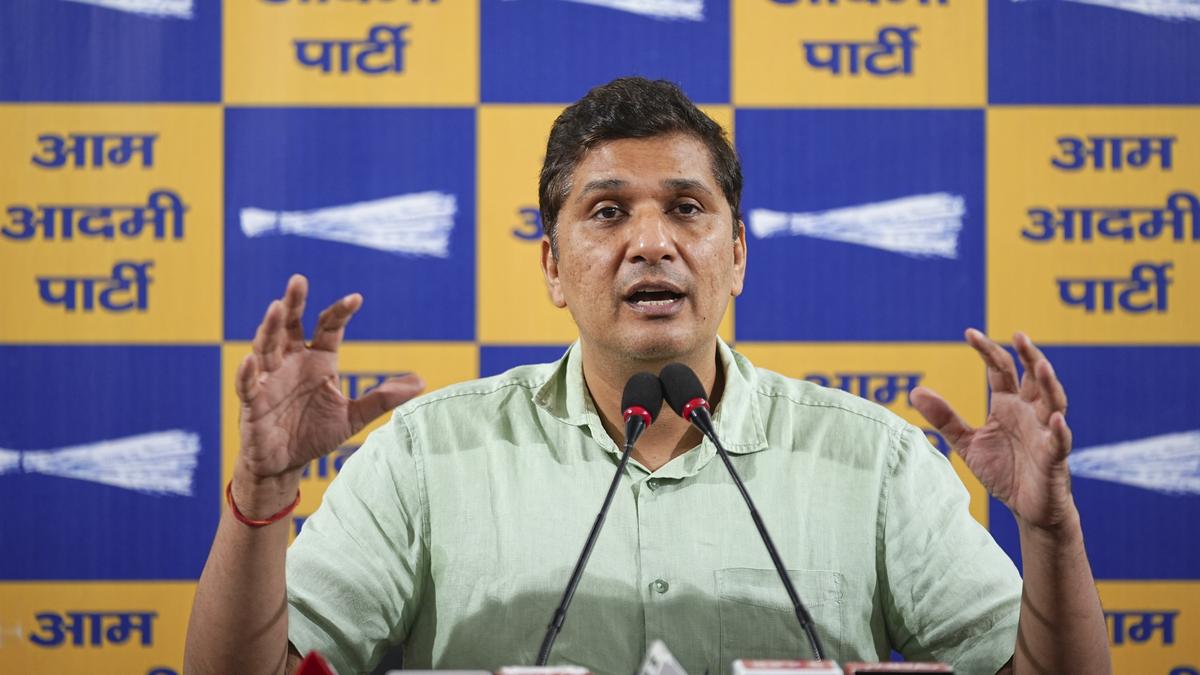Now Reading: U.S. Proposes 50% Tariffs on Indian Goods, Effective August 27
-
01
U.S. Proposes 50% Tariffs on Indian Goods, Effective August 27
U.S. Proposes 50% Tariffs on Indian Goods, Effective August 27
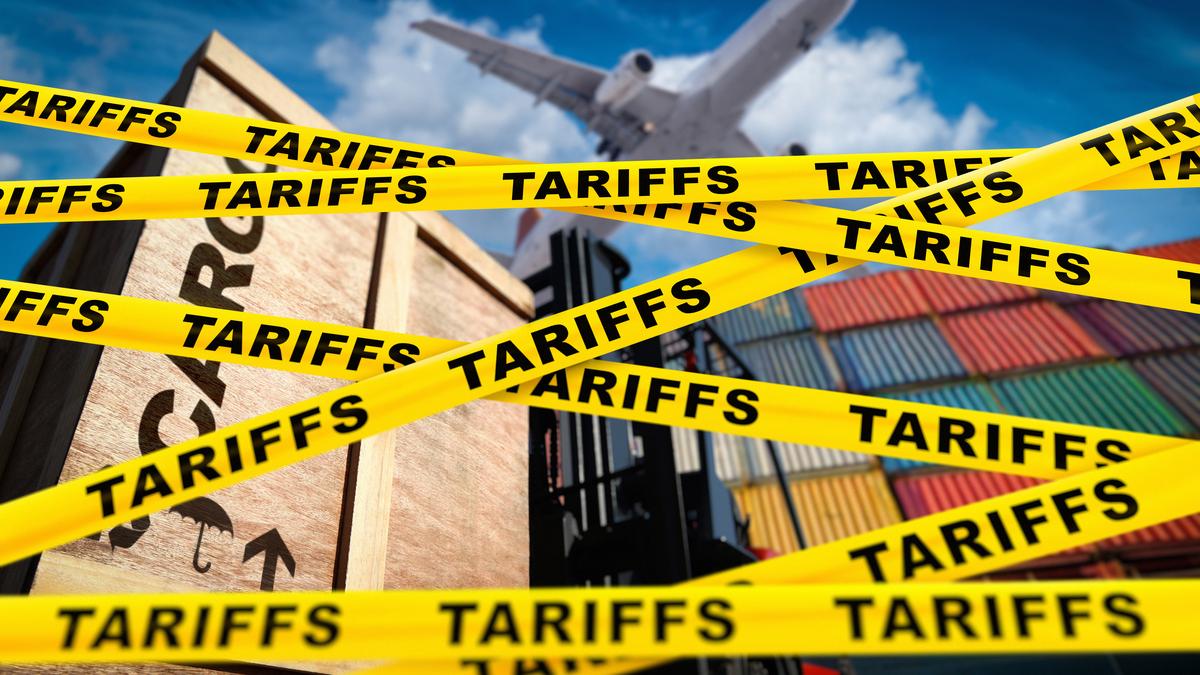
Quick Summary
- U.S. Tariffs: The Customs and Border Protection (CBP) has announced 50% tariffs on Indian goods starting August 27, 2025, following an executive order by President Donald Trump citing India’s high trade barriers and ties to Russia.
- Impact: Analysts predict severe economic repercussions for India,with potential GDP growth shaving of up to 100 basis points this fiscal year. Key export sectors like textiles,seafood,and jewelry are expected to suffer heavy losses and job cuts.
- Exemptions: Pharmaceuticals and electronics exports (including Indian-assembled iPhones) remain unaffected by the new tariffs.
- Indian Response: Prime Minister Narendra Modi emphasized resilience thru the Atmanirbhar Bharat initiative but also hinted at plans for financial support such as a $2.8 billion package for exporters. Tax cuts may be introduced domestically to cushion the economic impact.
- Diplomatic Landscape: External Affairs Minister S. Jaishankar defended India’s oil purchases from Russia as stabilizing global markets while highlighting similar activity from U.S. and Europe buyers of refined products from India.
- Trade Talks Update: Discussions over agriculture access have stalled; negotiations continue but progress remains unclear.
Indian Opinion Analysis
The imposition of 50% tariffs by the U.S.-attributable largely to India’s ongoing trade with Russia-heralds important challenges for India’s economy in both immediate terms (projected GDP slowdown, export disruptions) and long-term diplomatic positioning vis-à-vis Washington’s geopolitical expectations. Industries dependent heavily on U.S.-India bilateral trade will suffer disproportionally, raising concerns about layoffs in vulnerable sectors like apparel manufacturing or seafood processing.
prime Minister Modi’s focus on self-reliance signals intent to absorb this external shock via policies supporting domestic consumption while curating financial relief mechanisms for exporters-a pragmatic response rooted in bolstering India’s domestic strength amid unpredictable global pressures.
On diplomacy, Jaishankar’s argument defending India’s actions reflects consistency with past stances but adds complexity amidst worsening U.S.-India relations fueled by varied priorities in agriculture market access or military alignments regarding Russia-China partnerships.
Should these tensions remain unresolved diplomatically before impacting further corridors/trade deals pivotal regionally, signs indicate structural recalibration mover dependency reshaped / Asia would’ve..


